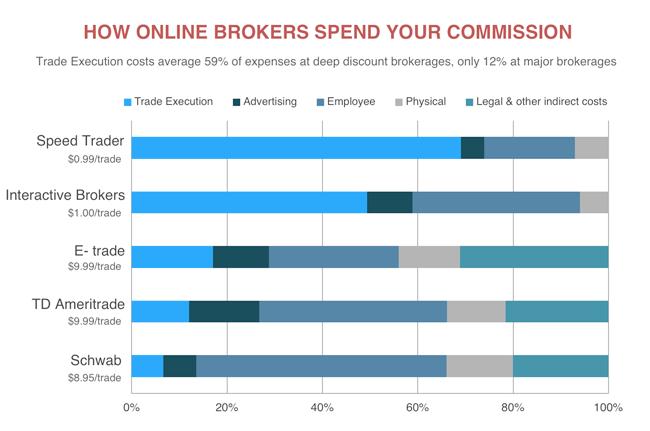When I first heard of commercial real estate investing, I envisioned concrete and strip malls…the type of stuff that’s killed the unique atmosphere of American cities. However, imagine my surprise when I actually dug into commercial real estate and found that along with the occasional ugly strip mall, there are unique opportunities, provided you know how to evaluate properties.
Commercial Real Estate In A Nutshell
Commercial real estate invests in places where businesses operate. While you may think of retail shops or restaurants, there are huge opportunities in office buildings, doctor’s offices and other specialty properties.
Should I Buy Individual Properties?
This argument is similar to a stock vs. a mutual fund. If you want the opportunity for a larger return, purchase an individual property. However, if you’re looking for steady returns that gravitate toward the NAREIT Index average, you’re better off with a fund, ETF, or REIT.
How Is Commercial Real Estate Different than Residential?
You can diversify your risk with commercial real estate – Because in most cases you’ll have multiple tenants, you’ll only lose a portion of your income if one breaks the lease.
Commercial leases are much longer – While residential leases may go a year or two, commercial leases may be three, five, or longer.
You’ll need more cash up front – First, you’ll need the right lender who understands commercial real estate for your business mortgage. Second, they’re probably going to demand 30 percent or more of the cost upfront as a down payment.
You’ll receive more ongoing cash – Commercial properties are bigger income generators than residential properties.
How to Buy Individual Properties
As with anything, the key to picking the right properties lies in working with the right team of professionals (such as Elena Vlasyuk in Los Angeles). If you have a good team in your corner, you’ll be able to more quickly identify top opportunities and spring on them.
There are many websites that aggregate news about real estate, such as National Real Estate Investor. By staying on top of current trends, you can begin to understand the world of commercial real estate.
Want Commercial Real Estate Without The Hassle?
You’re probably better off looking for a mutual fund, ETF, or closed REIT. Of the three, closed REITs can give you the most unique opportunities but are also fraught with fees and risk. Unless you know the details of the pool you’re stepping into, non-traded REITs should be avoided. Instead, by finding a good commercial REIT fund or ETF, you can invest less money, receive competitive real estate returns, and liquidate a portion whenever you need cash.
Still not sure if you’ve decided which is right for you? Start off with your plan and you’ll avoid making a bone-headed financial move.
Photo: MoneyBlogNewz



